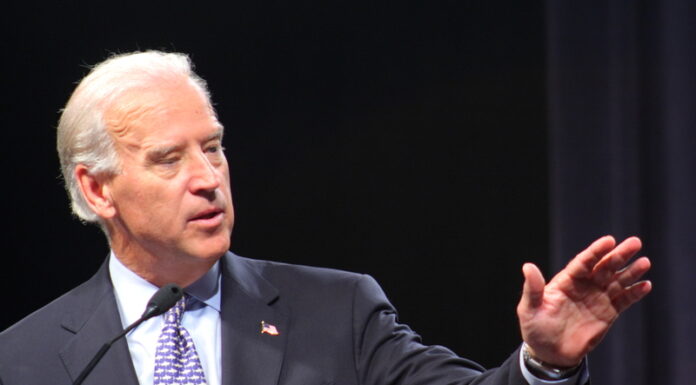President Joe Biden, in confidential discussions, has expressed discontent over his decision to pull out of the 2024 presidential race. This makes him the first elected incumbent president in U.S. political history to withdraw from a reelection campaign, revealed multiple sources privy to these recent discussions.
Throughout December 2024, Biden consistently voiced to his aides and advisers his belief that he would have been able to defeat Trump, regardless of the polling numbers that led to his withdrawal. This conviction, which he often communicated without criticizing Harris’ campaign, is partly rooted in his 2020 triumph over Trump. However, he recognizes the role his performance in the June debate and low approval ratings played in his departure from the race.
Biden’s decision to withdraw was influenced by several months of decreasing poll numbers. By the time of his race exit, his national approval rating had fallen to a presidency-low of 37%.
Concerns about Biden’s candidacy were heightened during the critical June 27 debate, where he seemed to muddle current global conflicts and had difficulty defending his economic policies against sharp criticism. The debate, viewed by nearly 14.8 million people, served as a turning point for the Democratic Party leadership.
Financial support for Biden’s campaign sharply declined after the debate. Three significant Democratic donors, who had collectively contributed $10.4 million to his 2020 campaign, withdrew their support in July. The campaign’s second-quarter fundraising fell by 35% compared to the first quarter.
“Your style does not lend itself well to the environment we’re currently in,” Rep. James Clyburn, D-S.C., said to Biden during a meeting earlier this year, highlighting the difference between style and substance.
The shift to Harris as the candidate brought about unique legal challenges for the Democratic Party. Questions about campaign fund transfers and delegate allocation required swift legal scrutiny.
National Security Advisor Jake Sullivan shared his thoughts on the administration’s focus, stating, “How to govern at this moment to set the U.S. up for long-term success has one answer, and how to govern to deal with midterm and presidential elections in the very short-term might have a different answer. The president went with doing the things that put America in a strong position.”
Harris’ short-lived campaign had difficulty maintaining the support behind Biden’s coalition. Trump ultimately won against Harris by a margin of 2.2 million votes.
Biden has privately expressed dissatisfaction with some administration decisions, including the appointment of Merrick Garland as attorney general. Initially, persuaded by his aides that Garland would be a consensus choice, Biden now questions the pace of the Trump-related prosecutions and believes his son Hunter faced unjustly harsh prosecution.
Biden’s decision to withdraw led to significant repercussions within the Democratic Party’s infrastructure. In protest, five state Democratic Party chairs resigned. Furthermore, the Democratic National Committee had to restructure its entire general election strategy within less than 100 days of Election Day.








